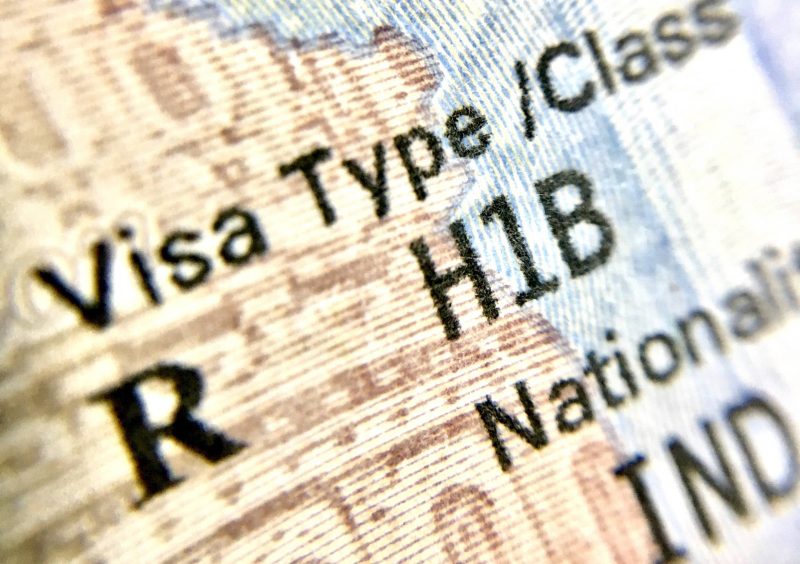
Sometimes the most valuable truths come unwittingly.
In this case the truth deals with the huge H-1B program for semi-indentured foreign workers, and it comes from the mouth of an employer's immigration lawyer, who presumably did not realize the import of what she was saying.
Happily it was recorded by a diligent young reporter, Dave Sebastian of the Worcester, Mass., Telegram.
Sebastian's story had a familiar focus — it largely dealt with lawyers for H-1B employers complaining that the Department of Homeland Security adjudicators were asking too many questions about H-1B applications — questions that come under the heavy bureaucratic title of "requests for evidence". (I am quoted at the end of the article on my view of the H-1B program in general.)
Clearly the employers and their lawyers would like their requests for workers to be rubber-stamped, but there has been less of that in recent months. From my point of view, anything that makes the program less attractive (and more expensive) means — at some point — that American employers might actually start hiring American workers rather than H-1Bs. That would be good news.
But back to the words of the immigration lawyer, Boston-based Berin Romagnolo. She unwittingly revealed how sensible some of the RFEs were, or to quote from Sebastian's story:
[T]he U.S. Citizenship and Immigration Services has also been tough on H-1B applications for finance-related jobs, Ms. Romagnolo said. For consulting positions some employers had to provide a description of the H-1B candidate's duties — details of which are not readily available early in the consultant-client relationship, she said.
Imagine! The nosy old government wants to know what the worker will do as he or she displaces a resident worker! It sounds like these employers wanted H-1Bs in general (probably because they are inexpensive and undemanding) and had not quite decided what work that they would do. Then the story continued:
"Those documents don't exist," Ms. Romagnolo said. "So you'll have to make up documents just to file for the H-1B, and [USCIS] will require the client's signature, which is very difficult."
The sense of entitlement expressed above is more than obvious. The government not only wants to know what the worker will do, it wants the employer to sign a piece of paper that documents the job description. Outrageous!
Let's be charitable with the phrase "make up documents" and assume she means drafts for the employers, not forgeries. Some prosecutors might think otherwise.
If I were in the government, and were looking at the applications filed by Romagnolo's clients, BJ's Wholesale Club and Cambridge Systematics, I would examine them very, very carefully.
